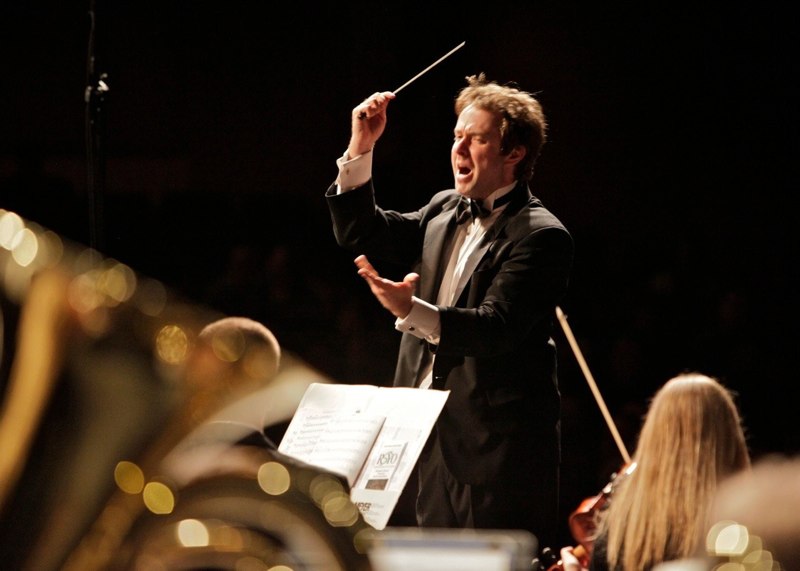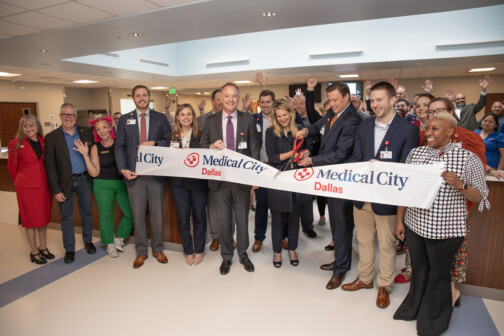George Frederick Handel functioned as the Lloyd Webber of eighteenth-century London, churning out fresh, suitably lofty and commercially viable entertainments for a rising merchant class. Like Hollywood producers of today, when a fad for Biblical epics arose, he joined the trend with a series of heroic narratives. In Handel’s case it was in the form of oratorios, presented as concerts without costumes or scenery—based loosely on the Bible. And, although he struck gold with items such as Saul, Samson, and Israel in Egypt, he might be either shocked or amused to know that Messiah, his hit oratorio of 1741, would continue to be performed around the world 250 years later.
Characterized by lean, generally energetic and unfailingly appealing and memorable tunes, Messiah has, across the centuries, been blown up in monster concerts, re-orchestrated, abridged, re-imagined as church music, turned into a sing-along event, and, more recently, rethought as a textbook of baroque performance practice. The downside of this enduring popularity and adaptability is that the work’s status as an icon and holiday ritual sometimes threatens to overwhelm its viability as a lively, enduring musical masterpiece.
Fort Worth Symphony’s assistant conductor Daniel Black took the issue head-on when the orchestra presented the work Tuesday night at Bass Performance Hall. Turning to the audience after stepping onstage, he urged the assembled listeners to apply the practice of opera audiences, and to applaud freely, if so inspired, between individuals movements.
I’ll admit to being taken aback initially, before realizing the underlying motive here: to hear the work not as a religious ceremony to be heard without visible reaction, but to actively listen as Handel’s audience would have—or today’s audience would at a performance of La Boheme or Carmen—attending to the virtuosity at play in a work that was designed not only to present a finely honed series of Biblical texts but also to show off the singers in a community that valued bel canto performance and artistic celebrity. On the down side, some element of continuity was sacrificed, and the idea of applause between movements quickly became routine (unlike in the opera house, where ovations are generally reserved for particularly thrilling solo performances). But the message that this music was designed for a ticket-buying audience that should be listening intently not only for the meaning of the words but for the skill of the performers is indeed worthy, and Black and his musicians, singers, and audience participated in an event that brought this familiar music to life in a new way.
As for the performance itself, conductor Black took what might be thought of as a post-authenticist viewpoint. The over-romanticized, massive performance approach to Messiah that persisted well into the twentieth-century gave way in the late twentieth century to a rigid obsession with historical performance practice; Black drew on what we’ve learned from an informed historical view but also made music in a way that is meaningful to an audience in 2014, with a sensitivity to dramatic dynamics and the full orchestral tone the contemporary audience expects. The orchestra was reduced to about thirty-five for this performance—probably larger than Handel’s orchestra, but slightly more than one-third the size of a full modern symphony—creating an ensemble that could be true to Handel’s pristine textures without slavishly seeking eighteenth-century “authenticity.”
In a bow to the realities of musicians’ contracts and the theory of the modern audience’s short attention span, the work was performed with some judicious cuts. I hold to the concept that Handel’s brilliant overall structure (including a grand flow from key to key within the work) should be preserved: a complete performance, indeed, can be more engaging, and thus “shorter” than a version with cuts. However, the performance Tuesday night, with around twenty-five per cent of Handel’s score deleted, flowed smoothly and convincingly none-the-less.
Numerous major orchestras—for instance, the Philadelphia Orchestra, the San Francisco Symphony, and the Los Angeles Philharmonic—present annual performances of Messiah; the Fort Worth Symphony’s annual Messiah concert is unique in that it is, to a certain extent, an outgrowth and continuation of an older tradition of an annual performance of the oratorio at the Southwestern Baptist Theological Seminary. The principal teaching artists on the vocal faculty at the seminary have developed a strong, well-informed approach to this music, and are logical choices as soloists for the downtown event. Soprano Lynda Poston Smith’s rendition of “If God be for Us”—actually a sort of duet with concertmaster Michael Shih, performing the passionately florid violin solo—was one highlight; another came in the marvelous pair of arias for contralto and soprano (“He Shall Feed His Flock” and “Come Unto Him”) with mezzo-soprano Angela Faith Cofer presenting a captivating, gently serene reading of the first aria in the set. Baritone J. David Robinsontook full advantage of the muscular arias Handel produced for that voice, including the brilliant collaboration with principal trumpet Thomas Cupples in “The Trumpet Shall Sound.” Tenor Leo Day, who also happens to be the head of the department, chose an intensely dramatic and beautifully successful approach in a role that is deeply rooted in the operatic tradition. Harpsichordist Robert Jan August brought a discrete sense of the spirit of improvisation in his part.
The 84-voice Southwestern Seminary Master Chorale, trained by David Thye, was in general strong; the relatively small (nine singers) tenor section occasionally failed to blend convincingly with the other larger sections: a small group of voices, however precise, produces a different sort of sound than larger sections. Some attention to balance of voices would be worth thinking about for future choral-orchestral concerts.






